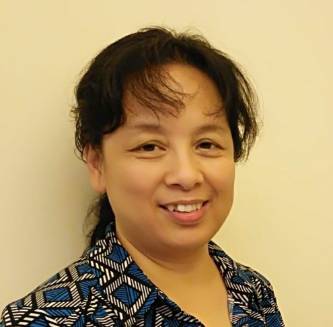Assistant Professor & SCC Co-Director
SAS Clinical Trial Programmer
MS (Biostatistics), University of Texas Health Science Center, Houston TX, 2002
MD, Tongji Medical University, Wuhan, China, 1987
| CONTACT INFORMATION | |
|---|---|
| (706) 721-4453 | |
 |
AE-1013 |
| lizhang@augusta.edu | |

SAS programming for clinical data management and clinical trial tables, lists, and graphs generation. Research on large scale of national database for public health and cancer related publications. Experimental deign, general linear model and repeated measures, longitudinal study,
Lifang received a MD degree from Tongji Medical University in China, and a MS degree in BioStatistics from the University of Texas at Houston in 2002. She began her employment with Augusta University's Department of Biostatistics in November 2007 as the Biostatistician. Lifang provides statistical data analysis, including biostatistical consulting.
Since 2015, Lifang started to work as SAS programmer for phase I and II clinical trials in Georgia Cancer Center.
Statistical programming; SAS programming. Biostatistical Consulting in Research, Research Design and Statistics.